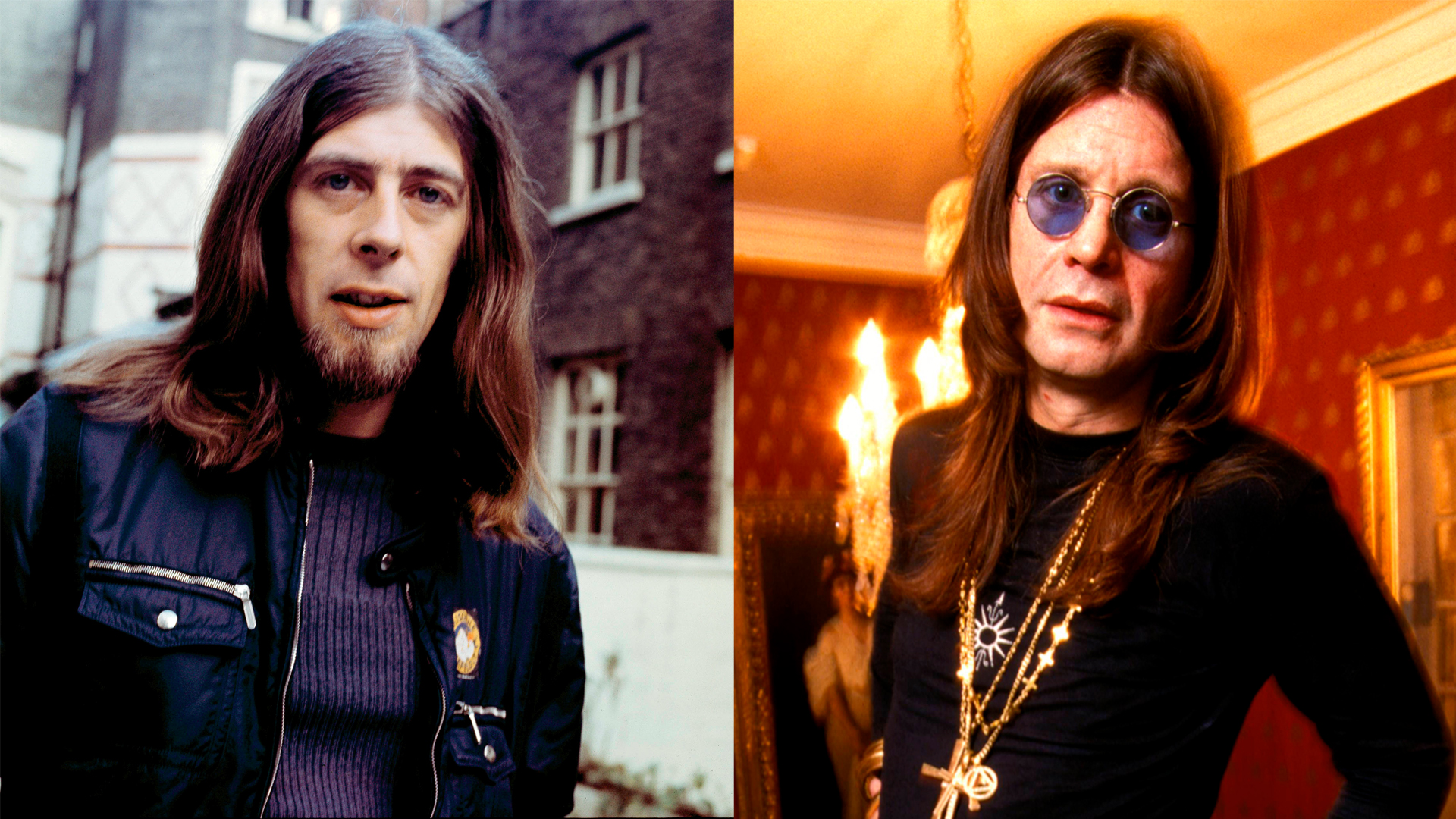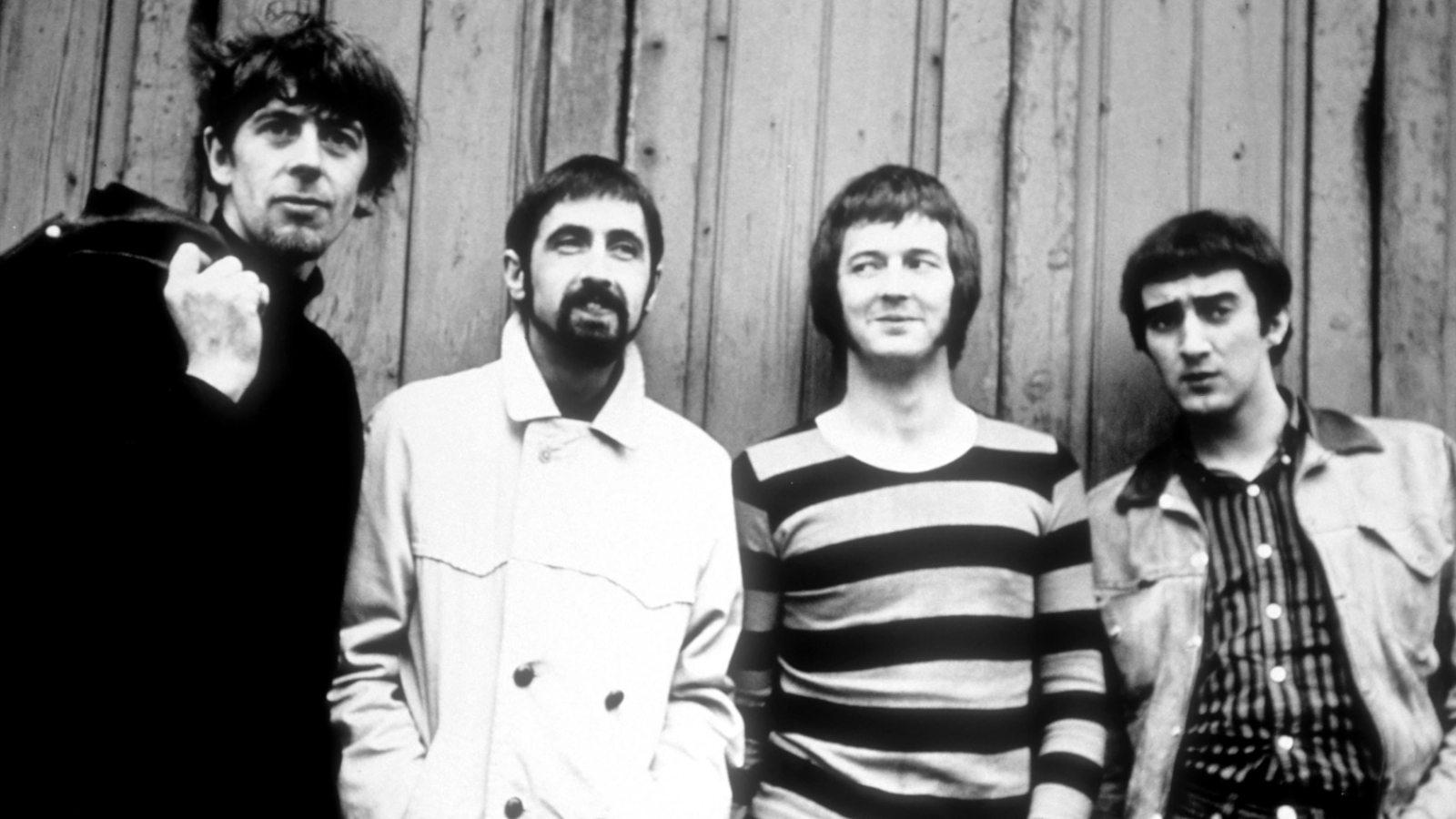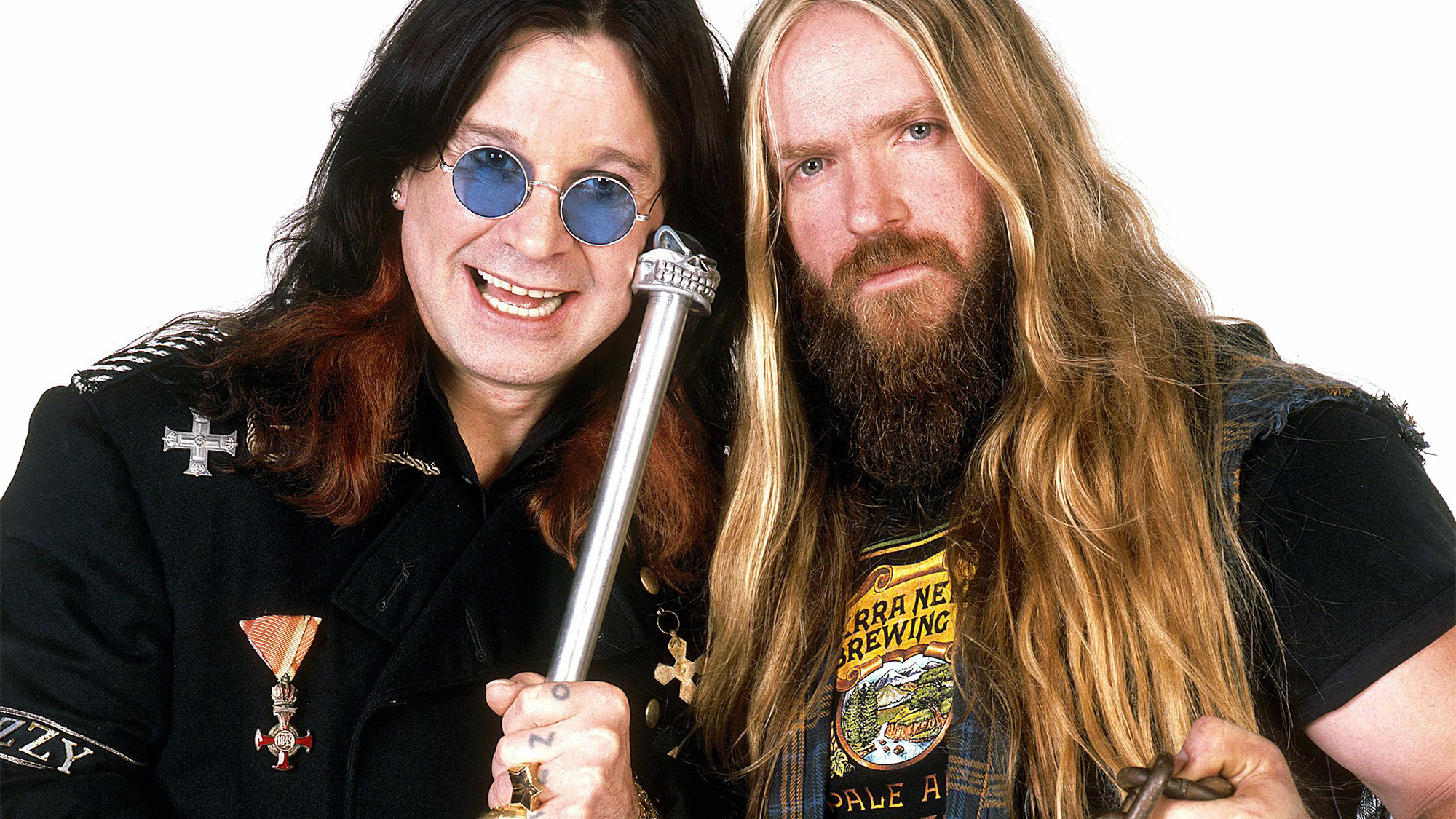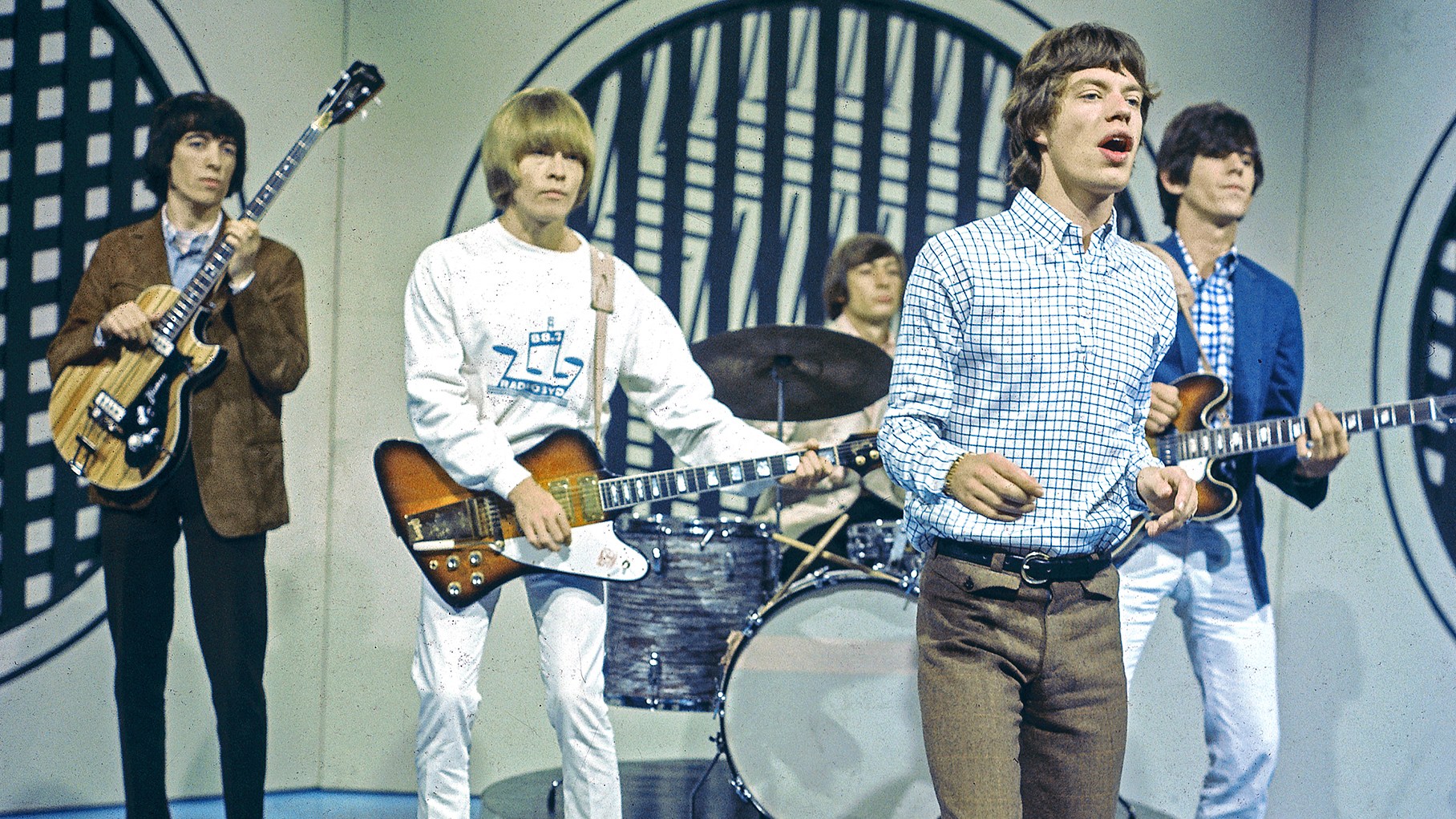“The heavy metal version of what John Mayall was doing in the late ’60s — finding Eric Clapton, Peter Green or Mick Taylor.” Joe Bonamassa compares Ozzy Osbourne to the godfather of British blues
The bluesman says Ozzy choice of guitarists shaped heavy metal’s sound and evolution

All the latest guitar news, interviews, lessons, reviews, deals and more, direct to your inbox!
You are now subscribed
Your newsletter sign-up was successful
In the 1960s, John Mayall’s Bluebreakers became known as the crucible from which great guitar careers were born. In just four years’ time, Mayall’s group became the launchpad for Eric Colton, Peter Green and Mick Taylor, each of whom would, to varying degrees, leave their mark on rock in the years following their departure.
As a fellow blues guitarist, Joe Bonamassa appreciates Mayall’s importance to guitar’s pantheon of great players. And in an interview with CBS News 24/7, Bonamassa says he believes Ozzy Osbourne created a similar breeding ground for metal guitarists when he went solo in 1979.
“His selection of guitar players was kind of like the heavy metal version of what John Mayall was doing in the late ’60s with his band — finding Eric Clapton or hiring Eric Clapton, Peter Green, Mick Taylor,” he said
“When you talk about the great guitar players that played with Ozzy Osbourne — I mean Tony Iommi, obviously, in Black Sabbath, [but also] Brad Gillis, Jake E. Lee, Zakk Wylde, Randy Rhoads.
“So he always required someone on the guitar that was forward-thinking and hungry."

Bonamassa notes that, like Mayall, Ozzy was very aware of the guitar scene and what he needed to be able to compete in the current scene.
“I read a quote from Ozzy himself [where he said] he wanted someone who wanted to kick Eddie Van Halen's butt on guitar,” he says. “And that was a thing for him. And his music really required a very specialized guitarist because it was very simple music, but people like Zakk Wylde, they put their own stamp on it."
All the latest guitar news, interviews, lessons, reviews, deals and more, direct to your inbox!
“People like Jake E. Lee and Randy Rhoads, you hear those songs and it would sound a lot different with somebody else playing the guitar. And that was him being a band leader and someone that really embraced the electric guitar as part of their composition.”
You hear those songs and it would sound a lot different with somebody else playing the guitar. And that was Ozzy being someone that embraced the electric guitar.”
— Joe Bonamassa
Bonamassa noted that his and Ozzy’s paths crossed in 2005 when he performed a cover of Buffalo Springfield’s “For What It’s Worth” for Ozzy’s 2005 Prince of Darkness solo boxset. (It was subsequently released later that year on Osbourne’s album Under Cover.)
"it's always been one of the honors of my career to have played on an Ozzy Osbourne record. His legacy will live on. And the music that he made was so profound.
"And one of the things people, I think, overlook is he was a great singer. When you hear people try to cover his music, great singers trying to cover him, you realize how high a voice he had, how rich a voice he had, and he maintained that voice up until the very end. I mean, his last gig [at the Back to the Beginning], he sounded great a couple of weeks ago.”

Osbourne died July 22 just weeks after he and his former Black Sabbath bandmates performed their final show. In the days after, tributes were offered from across rock music’s spectrum, with words offered from his past guitarists.
Jake E. Lee shared the final text he received from Ozzy following the show, expressing his apologies for not having the tie to talk. He said he hoped they could catch up the next time Ozzy was in Los Angeles.
Similarly, Wylde said his final message from Ozzy was to say he was sorry for missing him at the show and sending him his love.
“He goes, ‘Thanks for everything.’ It was just us talking, saying, ‘I love you, buddy.’
“That was it.”
Elizabeth Swann is a devoted follower of prog-folk and has reported on the scene from far-flung places around the globe for Prog, Wired and Popular Mechanics She treasures her collection of rare live Bert Jansch and John Renbourn reel-to-reel recordings and souvenir teaspoons collected from her travels through the Appalachians. When she’s not leaning over her Stella 12-string acoustic, she’s probably bent over her workbench with a soldering iron, modding gear.
